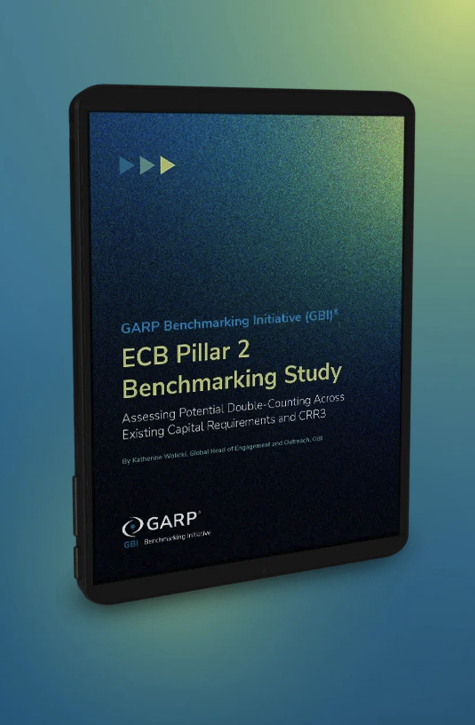Deposit Insurance Data Study - U.S. G-SIBs
The Financial Services Forum will respond to certain policy makers re: a bipartisan bill introduced by Senators Bill Hagerty (R-TN) and Angela Alsobrooks (D-MD) that proposes to raise the Federal Deposit Insurance Corporation (FDIC) coverage for business checking accounts from the current $250,000 to $10 million. An earlier draft suggesting $20 million per account. The coverage would be phased in over ten years, but the increased protection would take effect immediately.
This reform is intended to strengthen regional and community banks and ensure that small businesses can safely manage payroll and operating funds even during financial instability.









